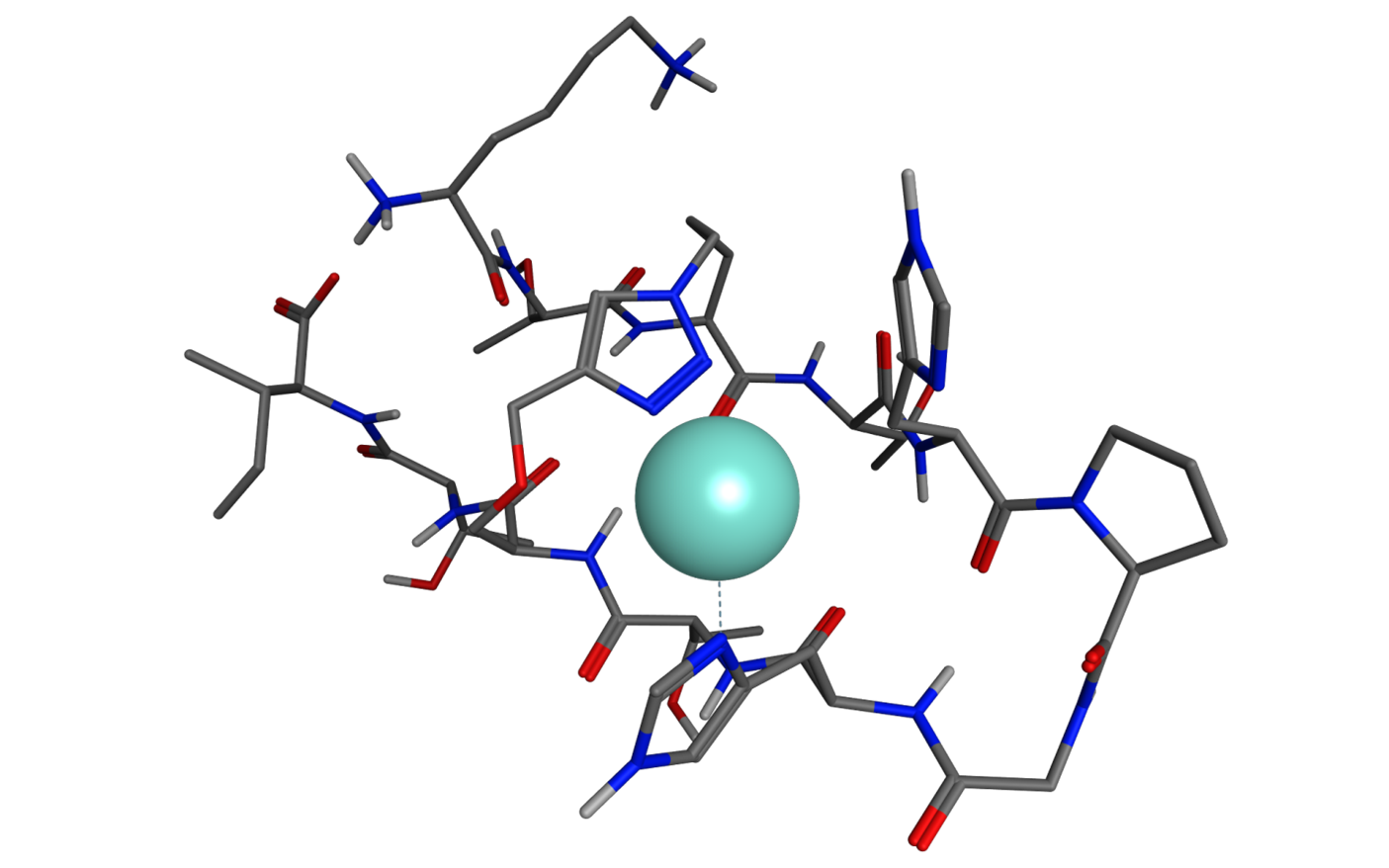Transition Metal Catalysts by Combinatorial Chemistry
Artificial enzymes have a huge potential for becoming our next generation of nanotools in medicine as well as in the processing of raw materials for the food and beverage industry. These enzyme-like catalysts may be derived through folding and coordination of peptides containing phosphines or carbenes around a central transition metal.

Imagine a compound that binds to a target protein and processes this protein selectively in the presence of all other proteins of the cell. With such artificial enzymes it may become feasible to trigger the activation of the various starch processing enzymes in the brewing process or cure disease with artificial proteases that cleave essential proteins in severe patogens such as the HIV envelope or the plaque forming 1-42 APP peptide of Alzheimer.

